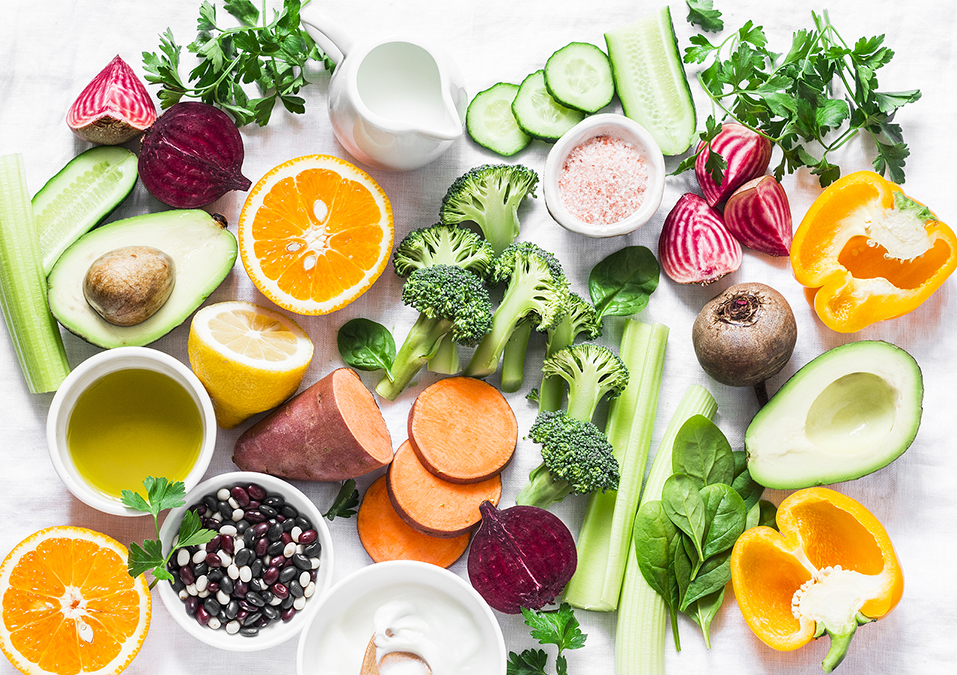 Vertigo is the most common complaint that doctors receive.
Vertigo is the most common complaint that doctors receive.
One of the reasons it’s so hard to treat is that doctors struggle to find the root cause of vertigo.
But now, the European Archives of Oto-Rhino-Laryngology has just published a study that identifies one cause of almost all cases of vertigo.
And with that comes a simple solution to treat it naturally.
Peripheral vertigo is usually contrasted with central vertigo. It occurs when something goes wrong in your inner ear, as opposed to your brain or brainstem, as is the case in central vertigo.
The overwhelming majority of vertigo cases in the world are cases of peripheral vertigo.
Turkish researchers from academic and medical institutions in Istanbul and Kutahya wanted to know whether people with peripheral vertigo had more oxidative stress in their bodies than people without vertigo.
They recruited 60 subjects—30 with vertigo and 30 without—who had an average age of 60.
Blood samples were collected from all the subjects and tested for three common markers of oxidative stress: prolidase, malondialdehyde, and catalase.
They found substantially higher levels of prolidase and malondialdehyde in the bloodstreams of the vertigo sufferers compared to those without vertigo, but there was no difference in the levels of catalase.
This suggests that people with vertigo have higher levels of oxidative stress than the rest of the population, as indicated by two common markers.
It is fortunate that it is possible to prevent some of this oxidative stress—first, by avoiding foods that cause oxidative stress, such as refined grains, sugar, fatty meat, and too much vegetable oil, and second, by eating plenty of antioxidant foods.
Antioxidant foods include the following:
-
1. Vitamin C. Think kale, spinach, broccoli, cauliflower, cabbage, Brussels sprouts, asparagus, yellow bell pepper, tomato, peas, guava, kiwifruit, orange, lemon, grapefruit, strawberry, raspberry, blackberry, and blueberry.
2. Vitamin E. Think spinach, broccoli, squash, pumpkin, sweet potato, avocado, olive oil, coconut oil, almond, hazelnut, pistachio, sunflower seed, sesame seed, pumpkin seed, shrimp, oysters, crayfish, trout, herring, salmon, kiwifruit, mango, blackberry, peach, apricot, and guava.
3. Vitamin A. Think sweet potato, carrots, butternut, all squash, pumpkin, kale, spinach, lettuce, tuna, oysters, milk, all sweet peppers, paprika, basil, marjoram, tomato, mango, and papaya.
4. A wide variety of flavonoids in a wide variety of foods, especially rosemary, oregano, sage, marjoram, cucumber, artichoke, broccoli, cauliflower, radish, red wine, grapes, blackberry, cocoa, capers, onion, and citrus fruit.
5. Curcumin and capsaicin. Think curry and chili peppers.
This leaves you with many antioxidant foods from which to choose.

 Overcoming IBD
Overcoming IBD Multiple Sclerosis
Multiple Sclerosis Banishing Bronchitis
Banishing Bronchitis Gum Disease Gone
Gum Disease Gone Overcoming Onychomycosis
Overcoming Onychomycosis Neuropathy No More
Neuropathy No More The Prostate Protocol
The Prostate Protocol Brain Booster
Brain Booster
 Ironbound
Ironbound
 Solution for Shingles
Solution for Shingles
 The Bone Density Solution
The Bone Density Solution
 The Ultimate Healing Protocol
The Ultimate Healing Protocol
 The Parkinson's Protocol
The Parkinson's Protocol
 The Chronic Kidney Disease Solution
The Chronic Kidney Disease Solution
 Overthrowing Anxiety
Overthrowing Anxiety The Fatty Liver Solution
The Fatty Liver Solution The Hypothyroidism Solution
The Hypothyroidism Solution
 The End of Gout
The End of Gout The Blood Pressure Program
The Blood Pressure Program
 The Oxigized Cholesterol Strategy
The Oxigized Cholesterol Strategy
 Stop Snoring And Sleep Apnea Program
Stop Snoring And Sleep Apnea Program
 The Arthritis Strategy
The Arthritis Strategy The Vertigo & Dizziness Program
The Vertigo & Dizziness Program The 3-Step Diabetes Strategy
The 3-Step Diabetes Strategy Hemorrhoids Healing Protocol
Hemorrhoids Healing Protocol The Erectile Dysfunction Master
The Erectile Dysfunction Master Weight Loss Breeze
Weight Loss Breeze The IBS Program
The IBS Program The Insomnia Program
The Insomnia Program The Migraine and Headache Program
The Migraine and Headache Program The Neck Pain Solution
The Neck Pain Solution The Menopause Solution
The Menopause Solution The Ejaculation Master
The Ejaculation Master The TMJ Solution
The TMJ Solution The Acid Reflux Solution
The Acid Reflux Solution The Fibromyalgia Solution
The Fibromyalgia Solution The Psoriasis Strategy
The Psoriasis Strategy